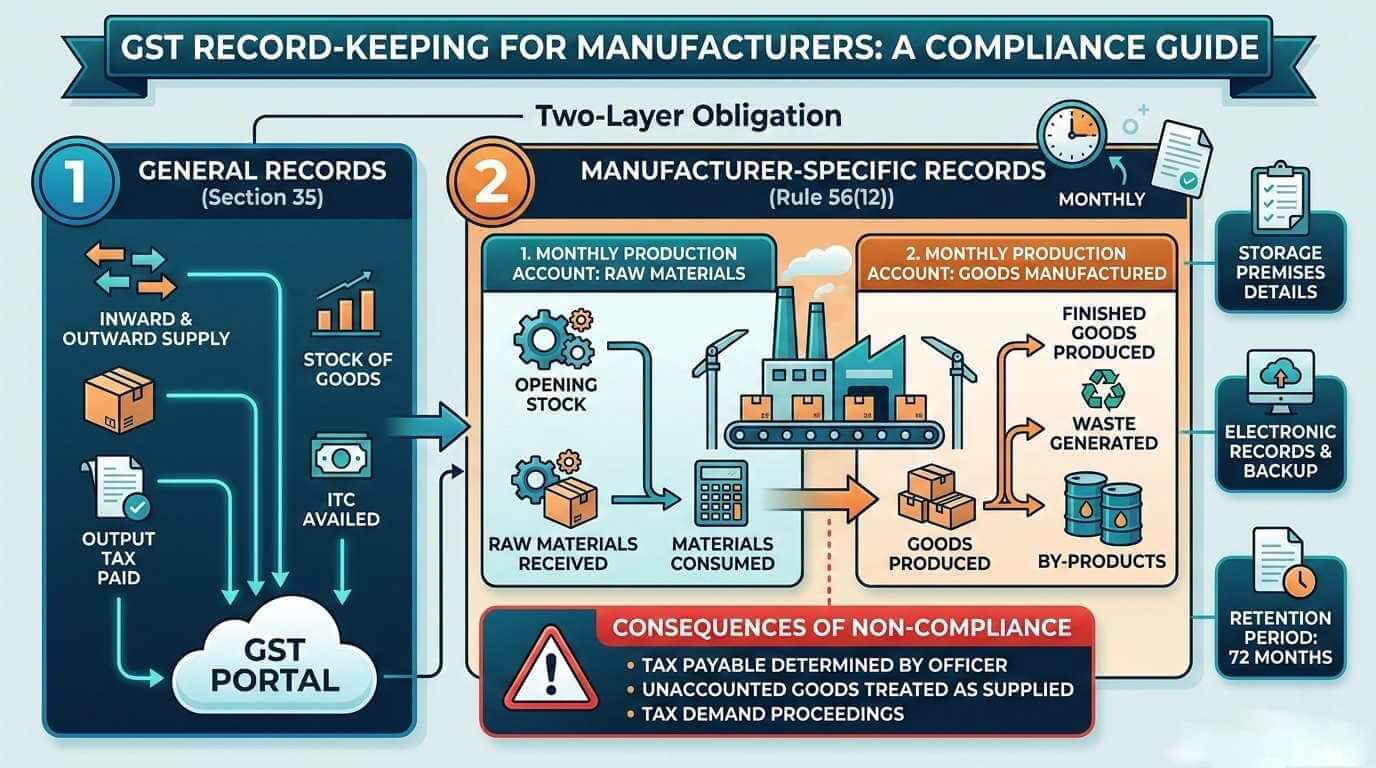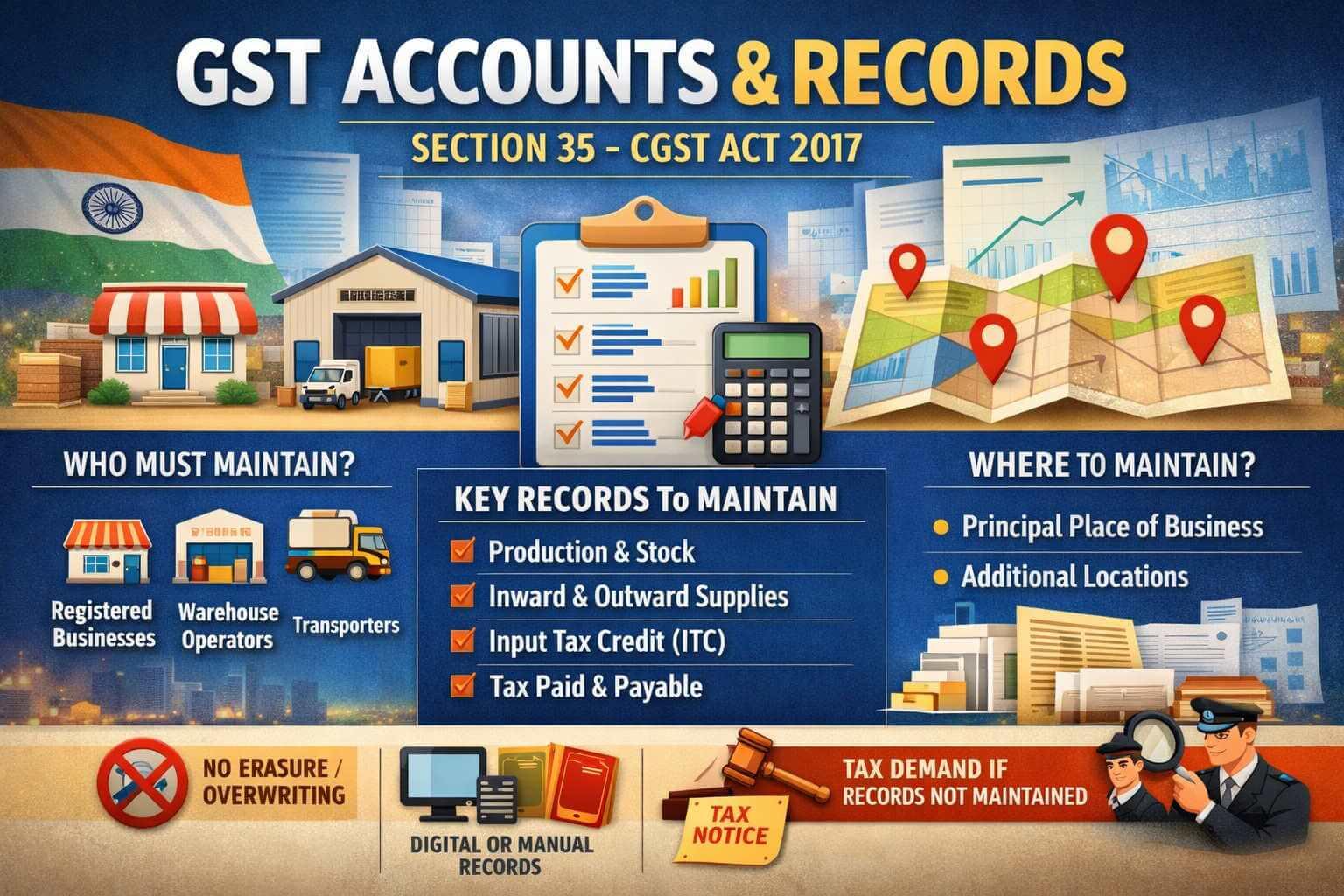Project Manager Technical Skills
Technical skills (you might also hear these referred to as hard skills) are the more tangible and measurable abilities required to be an effective project manager.
1. Planning and Forecasting
It goes without saying, but proper project management requires skilled planning. This can be challenging, especially since many project managers need to make educated guesses about timelines and required resources.
That’s where forecasting comes into play. Project managers need to use any information they have to make predictions and estimates.
2. Risk Management
Every project has risks. Perhaps a resource won’t be available when you need it, or delayed approval from a client will set your timeline back a few days.
Project managers are responsible for not only navigating around risks but anticipating them so that they can try their best to avoid them altogether.
3. Budgeting
Only 2.5% of companies successfully complete all of the projects they take on. The rest go over schedule, over budget, or both.
Project managers know that there are financial constraints they need to work within, and they use their budgeting and financial management skills to deliver winning projects within those limitations.
4. Tracking and Monitoring
Project management isn’t just about completing a project — it’s about completing a successful project. That won’t happen if project managers fail to keep their fingers on the pulse.
They need to use their performance tracking and monitoring skills to ensure projects are running according to plan and still supporting the broader business goals. If not? They’ll course-correct when necessary.
5. Project Management Methodologies
From Agile to Waterfall, there are numerous project management methodologies and approaches. These outline specific principles for overseeing and completing projects.
Experienced project managers are familiar with those methodologies and can determine which ones are the best fit for their specific teams and projects.
6. Meeting Facilitation
Kickoff meetings, status updates, retrospectives — the typical project process has many meetings, most of which are led by the project manager.
For that reason, a project manager needs to be skilled at facilitating meetings, including creating an agenda, documenting notes, and following up on action items.
7. Subject Matter Expertise
Project managers work in a variety of industries, from construction to IT and everything in between. While it’s not an absolute necessity, it’s helpful for the project manager to have a basic familiarity with the industry and the types of projects they’re managing.
This level of expertise will help them more accurately estimate costs, timelines, and resource requirements.
8. Project Management Software
The best project managers know better than to try to coordinate all of the elements of a project with jumbled spreadsheets and task lists.
Instead, they’re experts at using project management software like Wrike to centralize communication, streamline collaboration, and iron out project plans.
Leadership Skills for Project Managers
Project managers accomplish assigned project work through their project teams. They acquire the necessary technical, business, and leadership skills to help manage their project teams effectively. They apply effective leadership skills in motivating their teams in accomplishing project objectives and completing the project deliverables to achieve the project goals.
Essential leadership skills for project managers start with motivating and inspiring teams. Other leadership skills including negotiating, communicating, listening, influencing skills, and team building are also important, especially to the extent that they contribute towards improving team performance.
- Motivating and Inspiring - Leaders develop a vision and then continually communicate that vision throughout the organization, working with the team to achieve the vision. Leaders keep their people enthusiastic in doing their work and focused on the project vision. They encourage the team members to do their best and accomplish the work with full self-satisfaction for the making their contribution towards the project vision.
- Team Building - Leaders help the team members help each other, as they make their individual and group contributions toward achieving the project goals.
- Negotiating and Communicating - Leaders get the team members and project stakeholders to work effectively with one another, considering all parties with shared or opposed interests, with intent to compromise before reaching a team decision. Leaders create a project environment where team members can be honest and open in communicating with each other, understanding each team member’s communication style, and able to communicate effectively with project stakeholders.
- Listening and Influencing - Leaders are active listeners, understanding and considering the team members’ perspective before making team decisions that will affect the team. Leaders get project team members and other stakeholders to collaborate and cooperate with each other, working towards a common goal.
A number of authors have written about leadership skills for project managers, including Steven Flannes and Ginger Levin (2005) and Vijay Verma (1995), providing great sources for exploring ways to develop project managers into effective leaders. There is not sufficient room in this paper to even summarize their work.
Another great work on team building is Patrick Lencioni’s (2002) work on overcoming team dysfunction which is briefly discussed in the next section.
Improving Team Performance by Overcoming Team Dysfunctions
Effective leaders are those who apply the appropriate skills at the appropriate time for the appropriate situation. With the leader’s and project manager’s performance measured in terms of the project team’s performance, effective leaders always focus on applying appropriate leadership and project management skills to improve team performance.
However, improving team productivity is a very difficult task to achieve. Project teams are made up of human beings—people often with diverse personal culture, different skills, strengths, weaknesses, and different personalities.
The Five Dysfunctions of a Team
Patrick Lencioni (2002) explained that majority of project teams in organizations today are dysfunctional. He described five team dynamics issues, which he called team dysfunctions, and how to overcome these five team dysfunctions to improve teamwork, and ultimately improve team performance.
Exhibit 1 shows the five dysfunctions of a team, starting with the first dysfunction at the bottom of the pyramid. According to Lencioni (2002), the five dysfunctions of a team are:
- Absence of Trust - The first dysfunction is an absence of trust among team members. When team members who are not honest or genuinely open with one another about making mistakes or about their weaknesses. This is often due the team’s unwillingness to be vulnerable within the group.
- Fear of Conflict - Absence of trust sets the tone for the second dysfunction: fear of conflict, when the team members are incapable of engaging in unfiltered, passionate, and constructive debate of ideas.
- Lack of Commitment - Fear of conflict ensures the third dysfunction of a team: lack of commitment, when team members rarely, if ever, buy in and commit to team decisions.
- Avoidance of Accountability - With lack of commitment and buy-in on team decisions, team members develop an avoidance of accountability, the fourth dysfunction.
- Inattention to Results - Lack of accountability leads to an environment where the fifth dysfunction can thrive: inattention to results, when team members put their individual objectives above the collective project team objectives.
The five team dysfunctions are interlinked like a chain, so that when one link is broken, teamwork deteriorates even if only a single dysfunction is allowed to flourish.
The Positive Approach
To understand the five dysfunctions, Patrick Lencioni (2002) described an opposite approach—a positive one—that shows how members of truly cohesive teams behave. He also covered a number of suggestions on ways to overcome the dysfunctions.
Exhibit 2: The five dysfunctions of a team and the positive approach
According to Lencioni (2002), the five dysfunctions with the positive approach are depicted in Exhibit 2 and are as follows:
- Opposite of the first dysfunction: Team members trust one another.
- Opposite of the second dysfunction: Team members engage in unfiltered conflict around ideas.
- Opposite of the third dysfunction: Team members commit to team decisions and plans of action.
- Opposite of the fourth dysfunction: Team members hold one another accountable for delivering against those plans.
- Opposite of the fifth dysfunction: Team members focus on the achievement of project team goals.
Understanding each of the team dysfunctions and exploring ways to overcome them (i.e., focusing on achieving the opposite of each dysfunction) is a great test to one’s leadership skills. An effective leader assesses the team’s weaknesses, what team dysfunctions exist within the team, the causes of the dysfunctions, and apply ways to overcome the dysfunctions to improve team performance.





